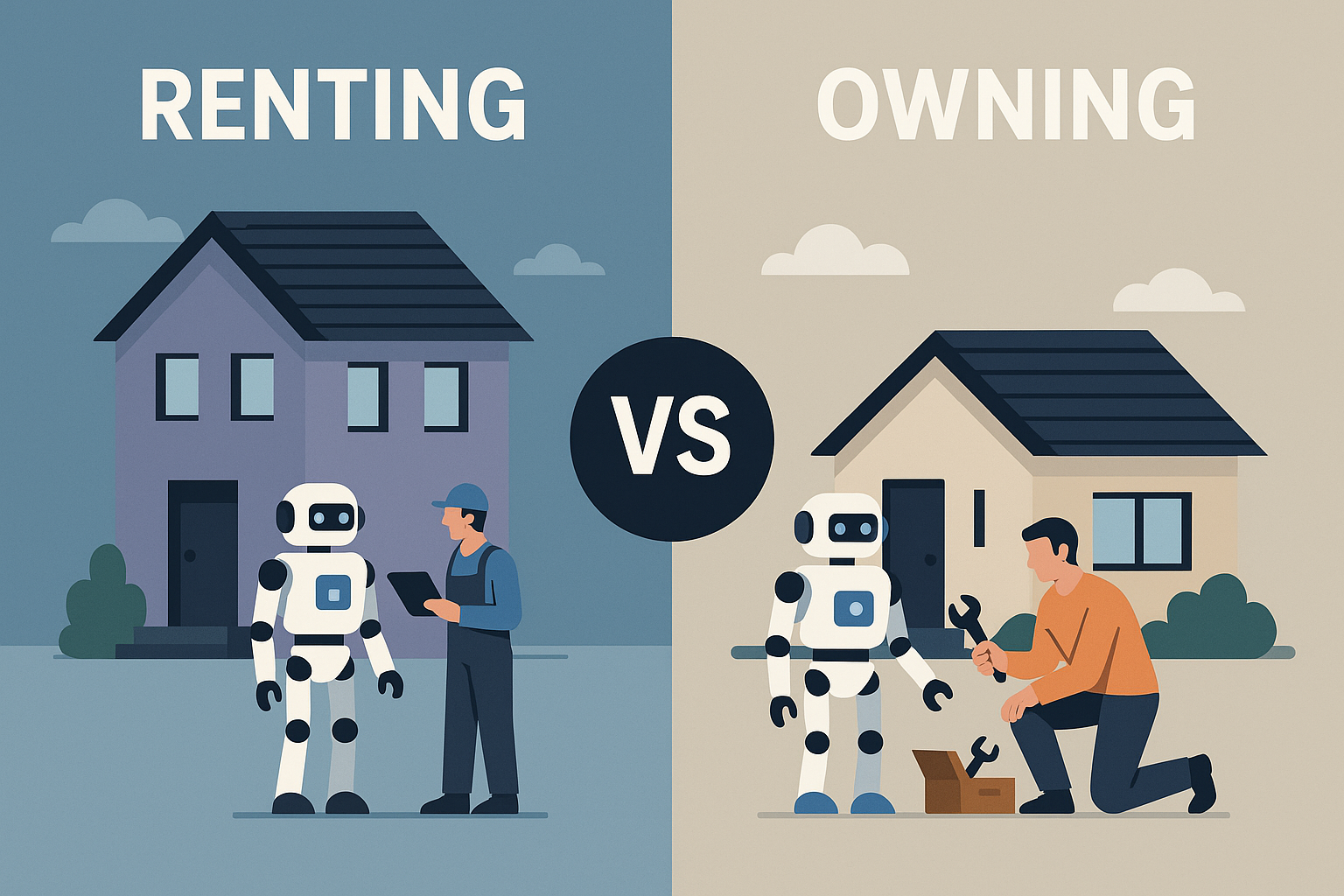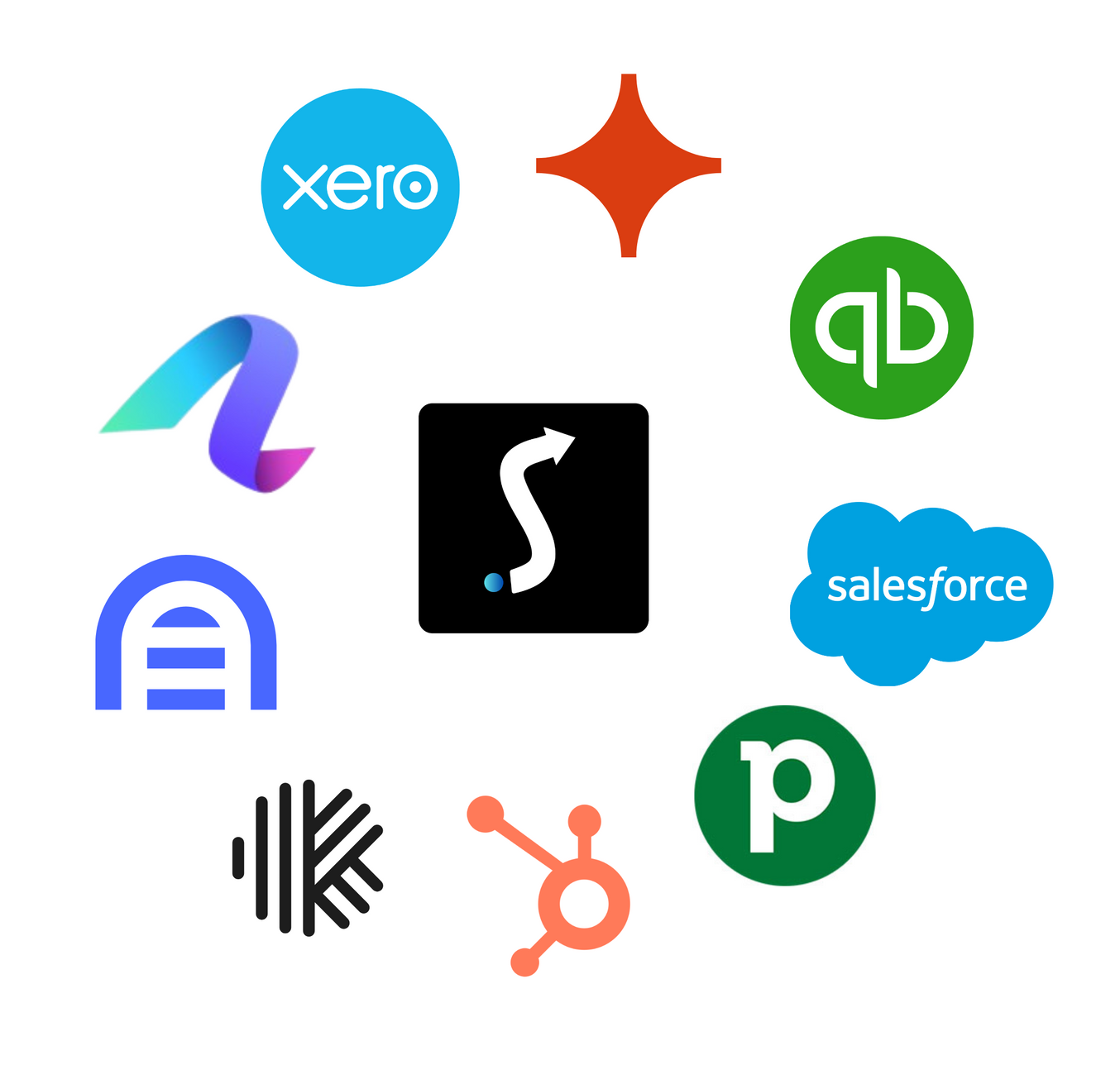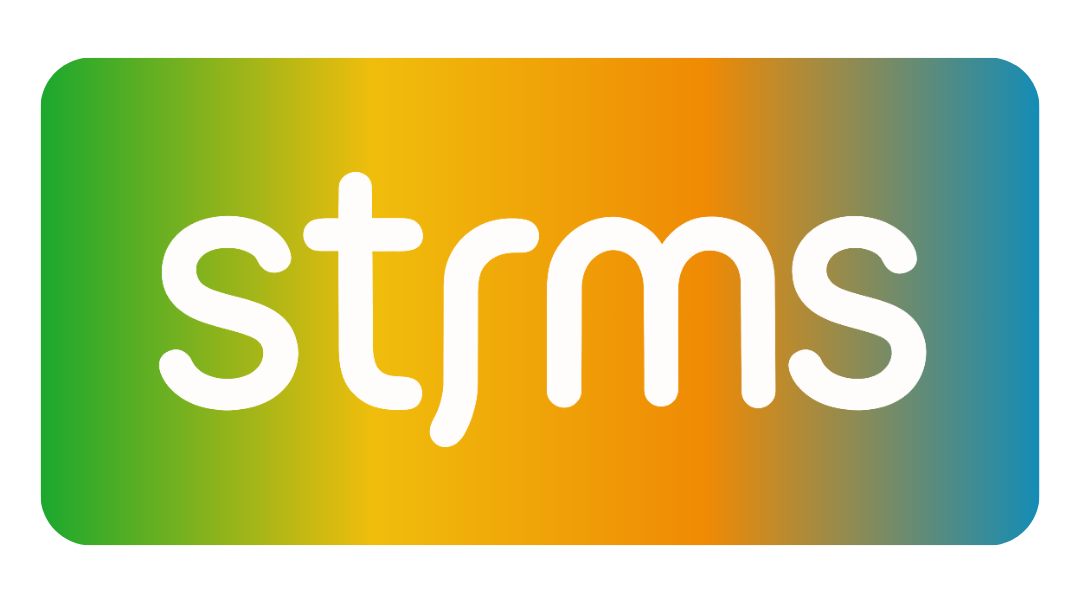The Rise of AI Agents and AI Automation:
Transforming Business Operations in 2025
AI agents and automation are no longer some cool future nice-to-know concepts; they are the driving force behind a new era of business efficiency, scalability, and innovation. At GrowthLab and STRMS, we hosted our first AI Summit in May 2025. We brought together about 18 of our first and second-line managers to understand the basics of AI capabilities and possibilities. The capstone of the summit was a list of 24 use cases ranked by value and ease of adoption.
As adoption accelerates across industries, especially knowledge worker-centric industries, medium-sized businesses are leveraging these technologies to streamline operations, reduce costs, de-risk employees, and empower teams to focus on high-value work.
What Are AI Agents?
AI agents are intelligent, autonomous applications designed to perform tasks on behalf of people or organizations. Unlike traditional automation tools, AI agents leverage machine learning and generative AI to understand context, learn from interactions, and make decisions without constant human oversight. They range from simple assistants that answer routine questions to workflows capable of executing complex workflows, such as reconciling financial statements, managing supply chains, or automating legal document review.
How AI Agents and Automation are Reshaping Business?
1. From Routine Tasks to Complex Workflows
Automation workflow has evolved from handling basic, repetitive tasks to AI Automation orchestrating entire business processes. In 2025, leading companies are deploying AI agents that not only respond to prompts but also autonomously plan, execute, and optimize workflows across departments. For example:
- Customer Service: AI agents resolve routine inquiries, schedule appointments, and monitor trends, freeing employees to handle complex issues, improving customer satisfaction, and managing the agents.
- Finance & Accounting: Automated systems generate invoices, send payment reminders, and even predict cash flow insights, helping businesses make better decisions.
- Supply Chain: AI agents track inventory, forecast demand, and preplan supplier terms, while minimizing errors and increasing efficiency.
2. Real-World Business Impact
The benefits are tangible and measurable according to a US Chamber article in April 2025:
- Revenue Growth & Efficiency: 91% of SMBs using AI report increased revenue, and 90% see improved operational efficiency.
- Time Savings: AI agents can reduce handling times from 15 minutes to 30 seconds per request in customer service scenarios.
- Faster Payments: Automated invoice reminders help businesses get paid up to five days sooner on average.
- Scalability: AI enables medium-sized businesses to scale operations without proportional increases in headcount, leveling the playing field with larger enterprises.
3. Adaptive, Learning Systems
AI agents, unlike the original STRMS automations, are not static; they continuously learn and improve through feedback loops, self-monitoring, and integration with diverse data sources and large language models (LLMs). This adaptability allows them to handle dynamic workflows, predict bottlenecks, and proactively suggest optimizations, not unlike employees.
Key Trends in AI Automation for 2025
- Plug & Produce Solutions: Standardized, easy-to-implement automation tools are lowering barriers for SMBs and enabling rapid ROI.
- Human-AI Collaboration: AI agents are designed to augment-not replace-human workers, allowing teams to focus on strategic, creative, and relationship-driven tasks.
- Embodied and Self-Aware AI: The integration of AI into physical systems (e.g., wearables, smart devices) is opening new frontiers in manufacturing, healthcare, and logistics.
- Workflow Automation Beyond Chat: AI is moving from simple conversational bots to agents that complete end-to-end business processes, such as workflow management or project coordination.
Addressing Common Concerns
Transparency and trust are paramount. Successful deployments emphasize clear communication about data privacy, security, and the boundaries of automation. Businesses must set expectations about where AI excels and where human oversight remains essential, while focusing on the higher value human-in-the-loop steps.
The Future: AI as a Strategic Business Partner
AI agents and automation are not just about cost-cutting, they are strategic assets that empower businesses to innovate, adapt, and grow. By automating the mundane and enabling data-driven decision-making, AI frees leaders and teams to focus on what matters most:
- Building relationships,
- Expanding markets, and
- Driving long-term success.
As we move deeper into 2025, businesses that embrace AI agents and automation will not only streamline their operations but also unlock new levels of agility and competitive advantage.

Written by
Daniel Gertrudes
As CEO and Founder of GrowthLab Finance-as-a-Service (FaaS), Dan is the vision behind GrowthLab’s success. After spending 15 years at Fortune 500 and medium-sized companies, Dan transferred his knowledge into building GrowthLab, which now supports over 400 scaling businesses throughout their entire finance and HR value stream.
FAQs
More Blogs





